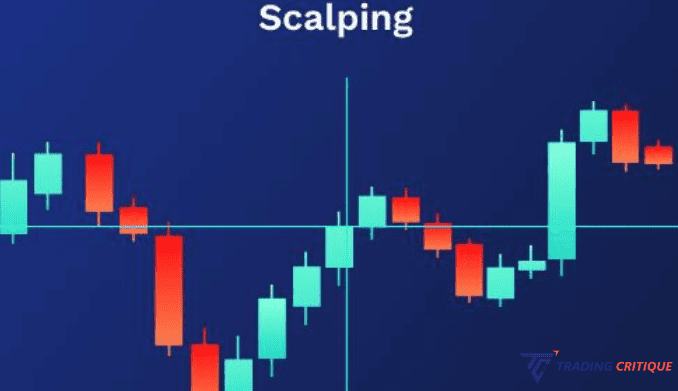
What are Some Common Types of Investments to Consider
This may involve various types of investment ventures, including using the funds to establish a new business. If you want to invest your money in the stock market, it is important to know what types of investments are there.



 Pros of Scalping Trading
Pros of Scalping Trading  Cons of Scalping Trading
Cons of Scalping Trading






